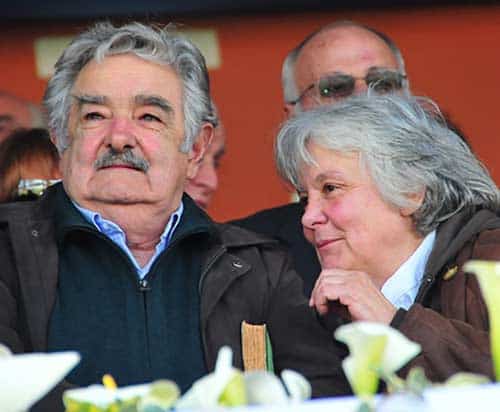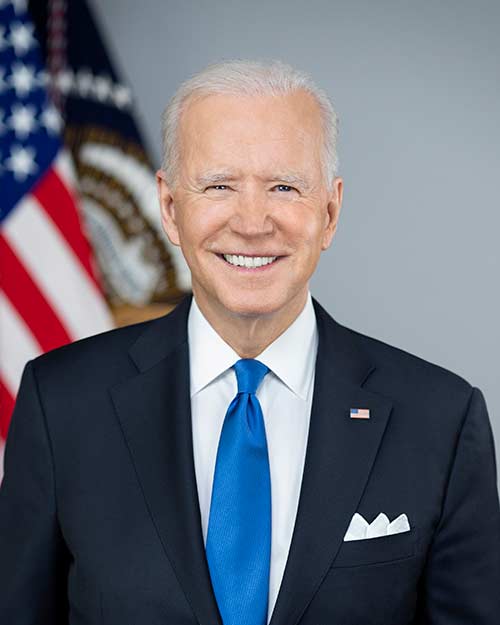José “Pepe” Mujica:
The Sensible Sovereign
Just what is it about politicians? It’s a bit like the timeless chicken or the egg conundrum. Were they all born criminals or does the system somehow make them that way?
I have known two professional politicians. One was a sitting U.S Representative. The other was just a fairly normal guy who was later elected to Congress. They both seemed like nice-enough blokes, but something bad clearly happens when you take that seat in the Capitol building.
John Emerich Edward Dalberg-Acton, the 1st Baron Acton, 13th Marquess of Groppoli, was born in 1834. He once penned a letter to an Anglican bishop that read, in part, “Power tends to corrupt, and absolute power corrupts absolutely. Great men are almost always bad men…” History has forgotten his Regius Professorship of Modern History at Cambridge or his enthusiastic support of the Confederacy during the American Civil War (Lord Acton was a great proponent of States’ Rights). However, those timeless words concerning the seductive nature of power continue to resonate across history. It is a lamentably predictable trope that, regardless of their well-intentioned foundations, politicians invariably tend to devolve into self-serving swamp creatures. Maybe it’s something weird about the water in Washington, D.C.
While Lord Acton’s truism is pervasive, it is not inviolate. In the curious case of a Uruguayan politician named José “Pepe” Mujica we find that rare example of a genuinely selfless bureaucrat. His tale is one of what might be were all the world’s politicians to be so benevolently motivated.
Back Story
José “Pepe” Mujica was born in May of 1935 to Demetrio Mujica, a farmer, and his wife Lucy Cordano. José’s father went bankrupt and died when the boy was five. When he came of age, the young man became a revolutionary.
Mujica served in the MLN-Tupamaros armed revolutionary group fighting the Uruguayan government. The MLN-Tupamaros mob patterned themselves after Castro’s Cuban revolutionaries. In the Spring of 1970, Mujica was shot six times while resisting arrest. A skilled surgeon at the Montevideo hospital saved his life.
Mujica was ultimately arrested four times. He tunneled out of prison in September of 1971 but was recaptured in short order. All totaled he was incarcerated thirteen years. Two of those years were spent in solitary confinement in the bottom of an empty horse-watering trough. This experience precipitated some curious mental issues that included hearing voices and paranoia.
Democracy was restored to Uruguay in 1985, and Mujica was freed under an amnesty agreement. A few years later he joined the Movement of Popular Participation, and umbrella party that brought a number of former revolutionaries into respectable political service. After a stint as a Senator, Mujica was appointed Minister of Livestock, Agriculture, and Fisheries. On March 1, 2010, Mujica was inaugurated the 40th President of Uruguay. He served a five-year term.
Details
Most heads of state have sold their souls to somebody to get that job. That reality is fairly obvious if you can study their actions dispassionately. By contrast, José “Pepe” Mujica remained a humble servant of the people.
During his time in office, Mujica’s monthly salary was $12,000. He donated fully 90% of that sum to various charities. He eschewed the presidential palace in favor of his modest family chrysanthemum farm owned by his wife, Lucia Topolansky. José and Lucia had no children, though they did maintain a three-legged farm dog named Manuela. Mujica made his way around his small farm on his well-maintained sixty-year-old bicycle.
While most national presidents would expect a limousine with armed security, Pepe Mujica opted instead for his battered 1987 Volkswagen Beetle. As are most democratically-elected Presidents, Uruguayan heads of state are required to submit an annual declaration of personal wealth. This document helps keep politicians sort-of honest as regards their outside sources of income. In 2010, Mujica’s declaration was $1,800. This was the book value of his beater VW bug. That was the only thing of value he owned. Mujica’s wife retained title to the small family flower farm.
Pepe Mujica’s story is so unusual in the modern world of politics that it brought him some modest degree of notoriety. In 2014, a local newspaper reported that Mujica had been offered a cool million dollars for his beat-up old car. The ex-president reported that should he ever sell his car for a million dollars he would donate the money to his favorite homeless shelter.
If my math is correct, José “Pepe” Mujica should be 87 years old today. He purportedly still lives with his wife on his chrysanthemum farm. Unlike most crusty old Marxists who claim to abhor capitalism, Mujica actually lives it. He asserts that the stockpiling of possessions does not lead to happiness. While he and I might differ a bit on our politics, you just cannot fault the man’s sincerity. What a stud.






